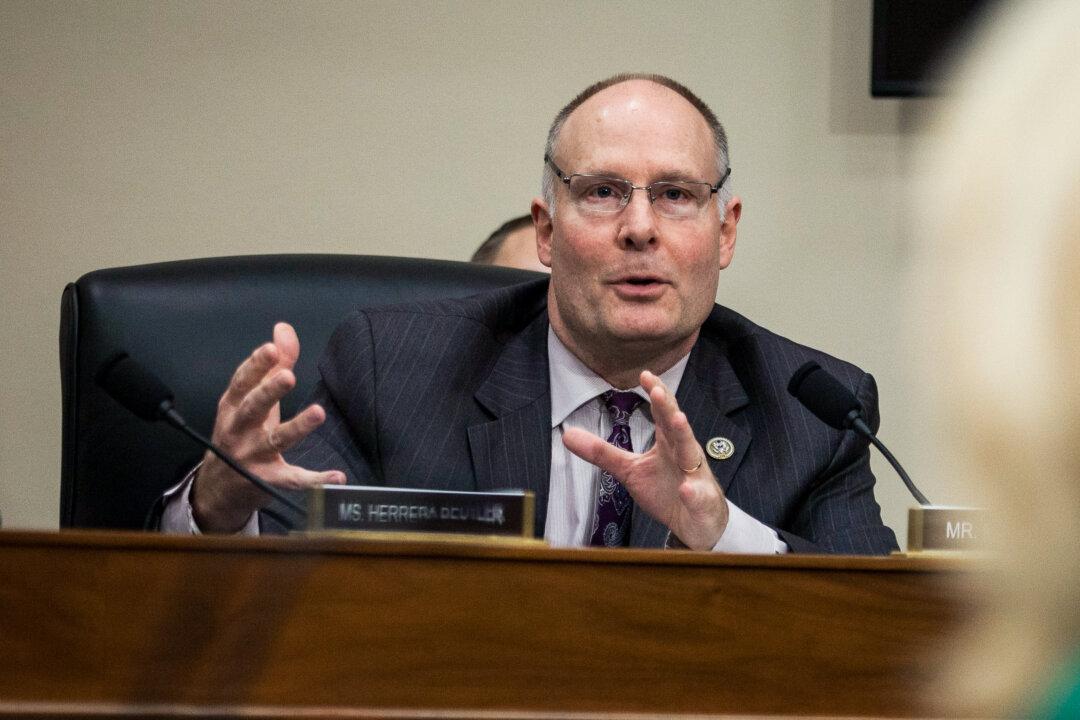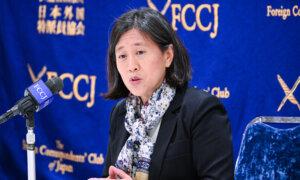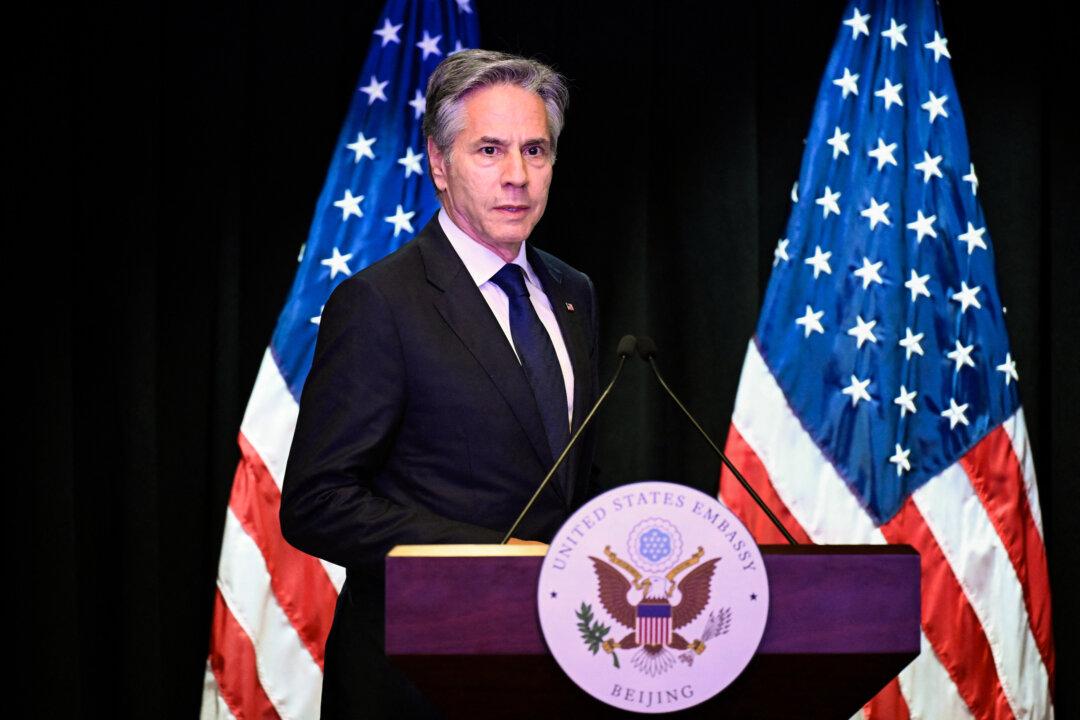Five Republican lawmakers are calling on the Department of Homeland Security (DHS) to immediately blacklist two leading Chinese battery companies, on the basis that their supply chains are “deeply compromised” by the communist regime’s state-sponsored slave labor and Uyghur genocide.
Led by Rep. John Moolenaar (R-Mich.), chairman of the Select Committee on the Chinese Communist Party (CCP), the lawmakers sent two separate letters to Robert Silvers, DHS under secretary for strategy, policy, and plans, on June 5. They asked that the agency immediately put the Chinese firms CATL and Gotion High-Tech on an entity list created out of the Uyghur Forced Labor Prevention Act (UFLPA).
He called for the DHS to “block the shipments of these companies from entering the United States.”
“The American people expect companies in the U.S. to avoid all involvement with the Chinese Communist Party’s campaign of genocide,” Mr. Moolenaar said.
CATL also sources electrolytic nickel, another key ingredient for making lithium batteries, from a subsidiary of China’s state-owned Xinjiang Nonferrous, according to the lawmakers.
Xinjiang Nonferrous “operates the largest copper mine deposits in the [Xinjiang] and is a prolific user of Uyghur forced labor,” the lawmakers state. “Xinjiang Nonferrous has also forced Uyghurs to share their homes with Han officials for surveillance and indoctrination and moved Uyghurs into involuntary work at satellite factories and remote mine sites under the guise of ‘poverty alleviation’ and anti-extremism ‘training’ programs.”
Gotion also buys aluminum foil from a subsidiary of Xinjiang Nonferrous, the lawmakers noted.
“Gotion sources material from Xinjiang Joinworld, a company that participated in ‘poverty alleviation through labor transfer.’ These programs are often a disguise for forced labor,” the press release reads. “Gotion sources lithium-ion and other materials from companies with deep connections to XPCC.”
The two letters identified other problematic companies to which CATL and Gotion are affiliated.
Should DHS officials decide against placing CATL and Gotion High-Tech on the entity list, the lawmakers said they will request a briefing with DHS officials.
The four other signatories of the letters are Sen. Marco Rubio (R-Fla.), House Homeland Security and Government Affairs Committee Chairman Rep. Mark Green (R-Tenn.), Homeland Security and Government Affairs Subcommittee Chairman Rep. Carlos Gimenez (R-Fla.), and Rep. Darin LaHood (R-Ill.).
The Epoch Times has contacted CATL and Gotion for comment but has not received a response as of press time.







